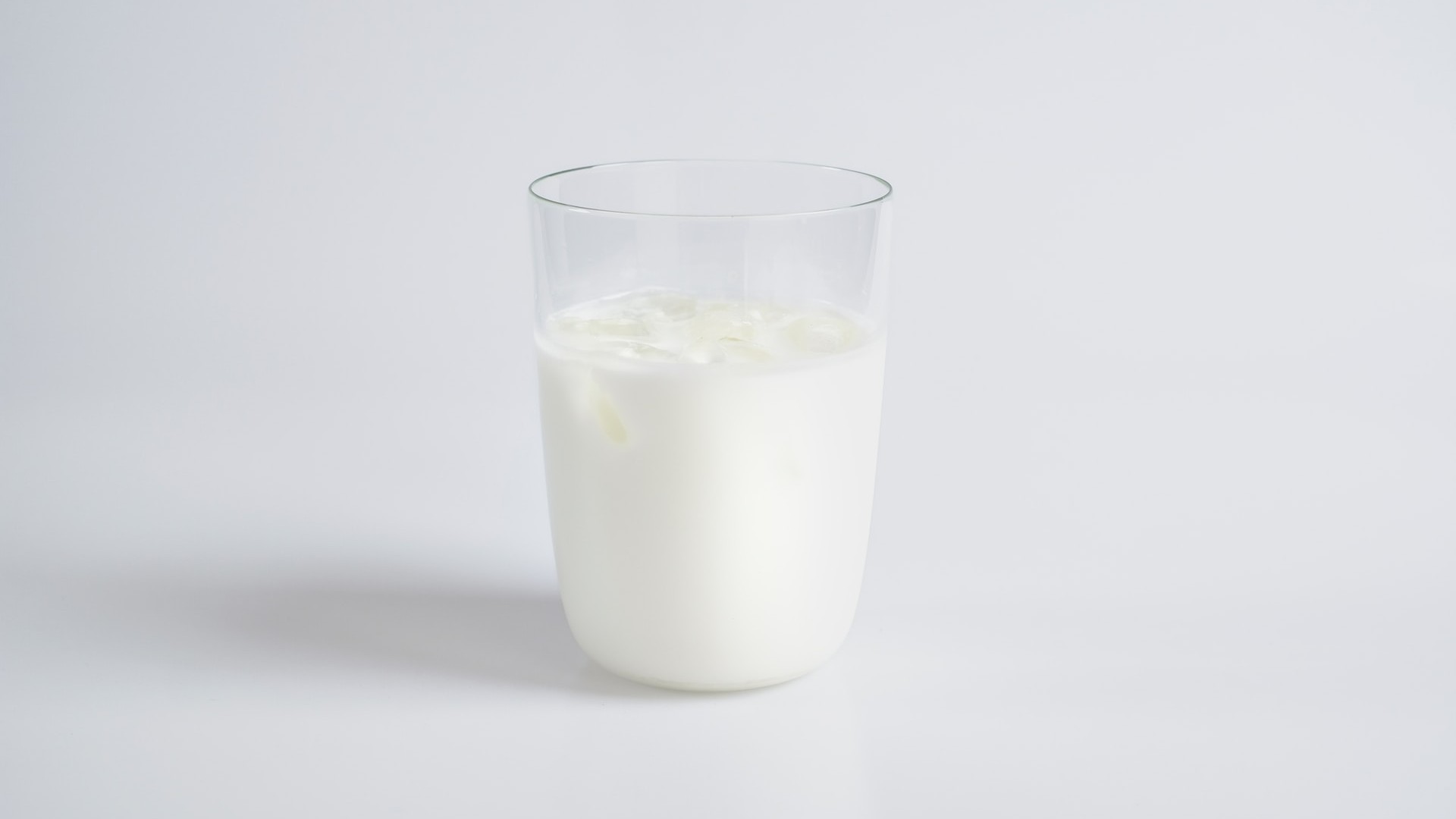Formulate user Melissa wrote in with some questions about hair loss and food intolerances.
Ok, I've noticed a lot of hair loss lately. And I've also noticed that I'm not able to eat dairy the way that I used to be able to. Could these two things be connected? I've seen it floating around on the internet that food intolerances can lead to hair loss, but is this nonsense or is it an actual thing? Also, what the heck, how could this have happened?
Thanks so much for writing in, Melissa!
To answer your questions, we spoke with Sheri Berger, RDN, CDCES a registered dietitian and nutrition consultant for Consumer Health Digest. Sheri has worked with clients in the past who have experienced hair loss as the result of food intolerances - our conversation with her revealed the depths of her knowledge on the subject. We hope you find what she has to say helpful!
What is a food intolerance, and how does it differ from a food allergy?
Unlike certain food allergies, food intolerances are not fatal - phew! Some folks can even have small amounts of the food that they have an intolerance to without symptoms.
Food intolerance symptoms are uncomfortable, but not too severe. Common food intolerance symptoms include gas, constipation, bloating, and/or diarrhea. While these symptoms can be embarrassing and may require some time lying down with a heating pad, they generally won't result in long-term damage.
Food allergies, on the other hand, can be pretty serious. "A food allergy impacts the immune system; the immune system identifies a protein or other nutrient in the food as a threat and produces a response to fight against it," says Sheri. "A response to a food allergy can be triggered with just a small amount of the food and symptoms can range from serious to life-threatening like anaphylaxis, which is trouble breathing." Pretty scary, no?
How does the body react to food intolerances, and how can it affect hair health?
"A food intolerance occurs when the body is lacking enough of an enzyme needed to break down certain foods within the digestive tract," says Sheri. "When we avoid certain foods or do not completely digest them because of an intolerance, we run the risk of possible nutrient deficiencies."
Healthy hair doesn't just happen magically - it requires our ability to consume a variety of nutritious foods. And unfortunately, food intolerances can sometimes lead us to have a diet that's limited and unable to provide all the nutrients we need. For some, that might mean that the hair they grow is unusually brittle and prone to breakage. For others, it could mean hair loss.
Sheri continues: " Food intolerances can contribute to hair loss in some people. Many of the nutrient deficiencies that can happen with food intolerances are associated with hair loss. When we lack vitamin D, selenium, protein, iron, niacin, zinc, or healthy fat, hair health can be impacted. A balanced diet that includes a variety of fruits, vegetables, whole grains, protein from fish, poultry, beans, and lentils, healthy fats from olive oil, avocados, nuts, or seeds, and dairy or calcium and vitamin D fortified plant milk is important for healthy, shiny hair."
How do you identify if hair loss is linked to the potential presence of a food intolerance? Is it usually a process of elimination?
If you think your hair loss could be because of a potential food intolerance, Sheri recommends you see a dietitian or doctor. Both can help you figure out if you do have an intolerance - they've got quite a few handy tricks up their sleeves and can provide expert guidance.
"A food diary that tracks the amounts of foods and drinks consumed, the time of meals and snacks, and symptoms that occured and when is a good way to identify a food intolerance," Sheri says. "After identifying an intolerance, elimination may be necessary. It is best to work with a dietitian or doctor when eliminating foods so you receive guidance for a balanced diet, supplementation, and reduced risk for deficiencies."
The risk of a deficiency is certainly not something to take lightly - if your hair loss is linked to a food intolerance, you may already be deficient in certain nutrients. And nutrient deficiency can have a far bigger impact on your health than just hair loss. A qualified healthcare provider, such as a licensed dietician or a doctor, can help you figure out your next best move.
What typically causes a new food intolerance (and the thinning hair that might come with it)?
While Sheri frequently works with patients who develop food intolerances after weight loss surgeries, that's not the only reason a food intolerance can develop.
"After patients have had gastric bypass or another type of bariatric surgery, their risk for food intolerances increases since the digestive tract is altered. I have worked with patients who have had difficulty tolerating lactose and fat after bariatric surgery; thinning hair is very common with these patients. A food intolerance can happen for various reasons and sometimes come on suddenly from medications, certain illnesses, surgery, or stress. Sometimes with age, our bodies produce less of certain enzymes that are needed to digest lactose, gluten, caffeine, or FODMAP foods (carbohydrates from certain types of beans, grains, sweeteners, fruits, or vegetables)."
How do you work with clients to address hair loss due to a food intolerance?
Some good news - if, while reading this post, you find yourself thinking that you might be dealing with food intolerance-related hair loss, fear not! You're not doomed to a life of brittle and thinning hair. You've got options because the nutrients you need can be found in a variety of foods.
"It is important to find alternatives and amounts of food that work for a client after they have developed a food intolerance, says Sheri. "For example, lactose intolerance is a common type of food intolerance. For people who lack the enzyme lactase they cannot tolerate dairy milk well, which is a good source of vitamin D. Vitamin D deficiency is associated with hair loss. If a bariatric client finds they are intolerant to lactose after surgery, they can try plant-based milks such as unsweetened almond, oat, or soy milk or a reduced-fat, lactose-free dairy milk. Usually, people with lactose intolerance can tolerate yogurt and hard cheese like cheddar, parmesan, and Swiss in small amounts; it is a matter of trial and error to find what the individual can tolerate."
Wanna learn even more about haircare? Here's what you should check out next:
What Does Chlorine Do To Your Hair?
Spoiler: It's not good for it.
Does Hair Color Expire?
Pssst -- if you think your hair color has expired, you should go ahead and ditch it.
Hair Botox 101
The heck is "blotox" anyway?
How To Sleep With Curly Hair
Sleep easy with your curls secured.
Ouidad Cut 101
Is this the right curl-cut for you?


